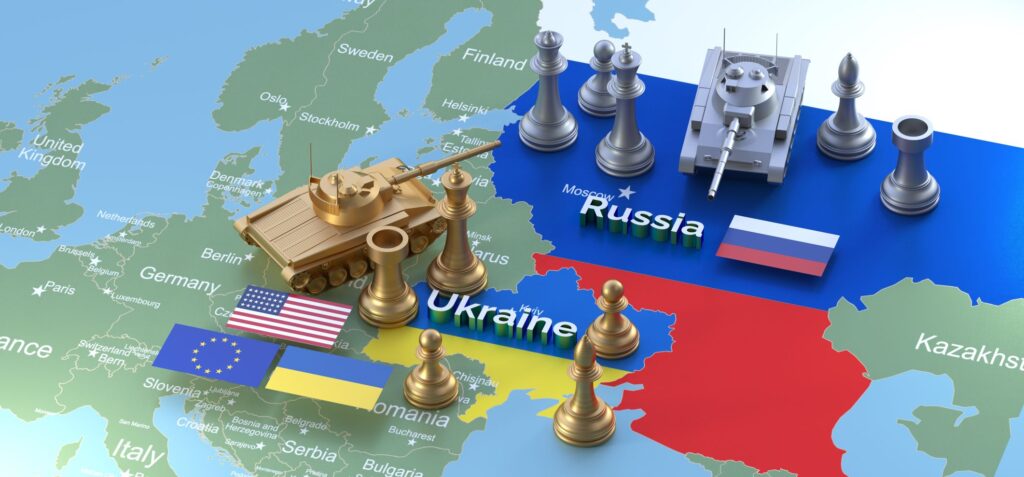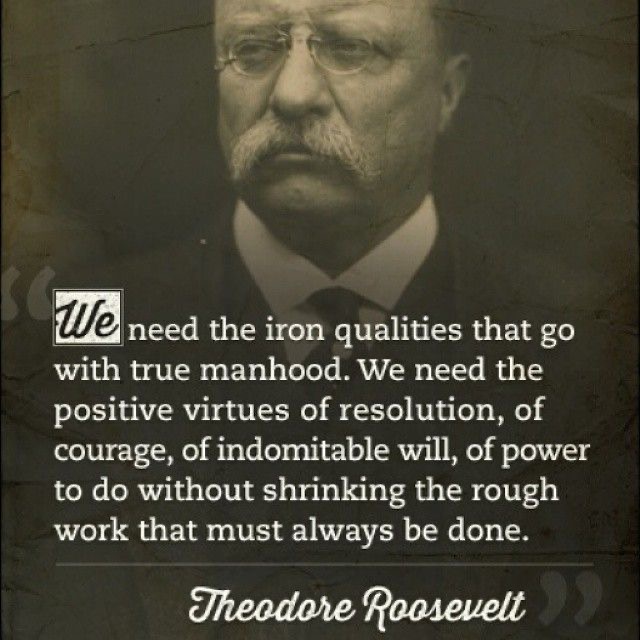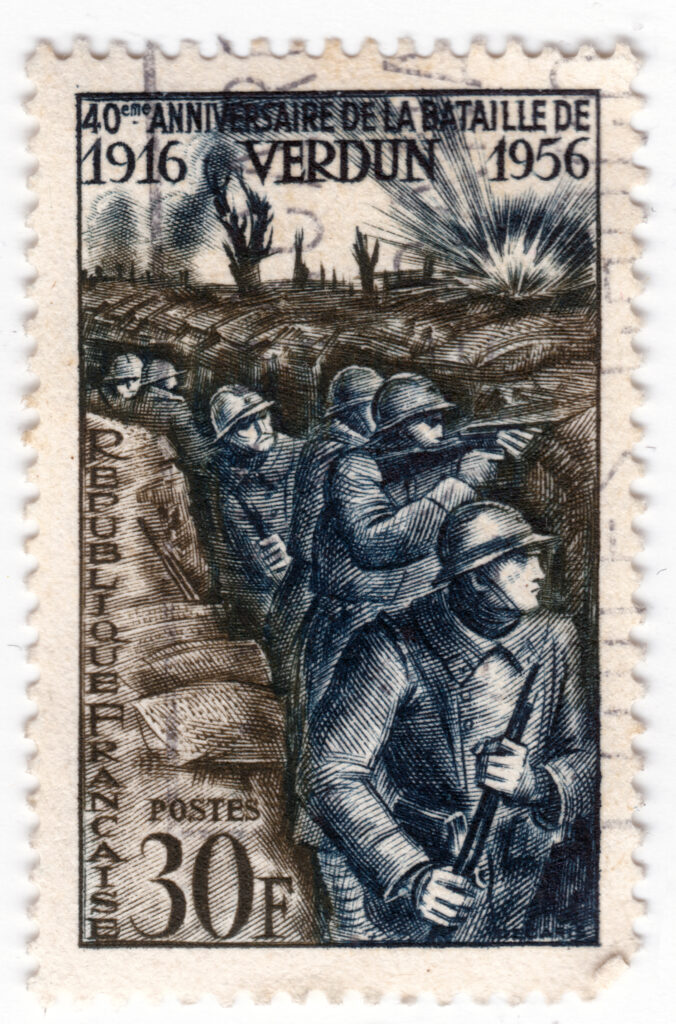
Source; Adobe Stock Photos
Escalation or Negotiation? That is the question as the Russian invasion of Ukraine grinds on. Negotiation is still the better course as I previously argued, but it requires the participation of two parties willing to compromise. Ukrainian president Zelensky has already said that he is willing to accede to Russian demands to renounce any prospect of joining NATO and potentially accept the loss of the Donbass region and Crimea. These are the concessions that Russia sought before the war, yet Putin has not recognized them and agreed to a ceasefire. Recent reports about the negotiations are encouraging, but Russia still has not apparently dropped its contemptuous condition that Ukraine effectively surrender first by ceasing resistance to the Russian invasion. Putin apparently has yet to accept the reality of his mistakes, specifically
- Russian military failure in the field due to continued logistical and operational failures and successful Ukrainian resistance
- The ferocity and extent of Western economic sanctions and the resulting economic damage to the Russian economy
- The success of Ukrainian information operations in rousing sympathy and international support.
A recent article applying relevant international relations theory to the war discusses, among other things, the “commitment problem” gripping Putin at this point. Having convinced both himself and most Russians of the necessity of the war (see this on the “Z “ campaign) , he cannot accept less than a victory, especially since failure would endanger him personally. If this is true, the current targeting of civilians and brutality may herald an escalation that endangers NATO members such as Poland and the Baltic states. Indeed, he may intend to convert the past failures into apparent strengths, to wit,
- Since Russian forces thought the invasion would be easier, they refrained from using their best weapons and most sophisticated strategy, which was designed for a full-scale war with NATO. Thus, their capability in such a war may be more formidable than it appears now.
- Putin has already called the Western sanctions an economic declaration of war against Russia. He could thus use them to rally the Russian people in support of a wider war.
- The regular broadcasts of shelling and civilian deaths may sow fear among other nations of confronting Russia.
How will we know which path the conflict will take? If Putin abandons his unrealistic demand for unilateral surrender and agrees to a ceasefire, then a negotiated solution may be possible. If he fails to do so, the next breakpoint will be whether the Russians make good on their threat against the outside flow of weapons into Ukraine. If they escalate by attacking the supply lines in Poland, it will trigger NATO’s Article 5 obligation to defend Poland, probably by an air strike against the source of the attack. We would then have the right to escalate by declaring a partial no-fly zone over western Ukraine purely as a defensive measure. Russia would certainly hesitate to challenge the zone since it could lead to its expansion over all of Ukraine.
The key to ending the war lies, as usual, in both sides deciding to cut their losses and accept a difficult peace. The West will have to be ready to convince the parties to accept such a result by offering to lift the more onerous financial sanctions on Russia once such an agreement is reached. Ukraine would have to give up its dream of NATO membership and sovereignty over the Donbass and Crimea. Without such an agreement, the best case scenario may become the de facto creation of an East and West Ukraine reminiscent of Cold War East and West Germany. Whatever the outcome, one thing is certain. Russia’s invasion, the successful Ukrainian resistance, and the potentially catastrophic effects of the war on the rest of the world means the United States must finally recognize and prepare for a new upsurge in nationalism-based international relations. The next post will discuss the implications for us here in the US.


